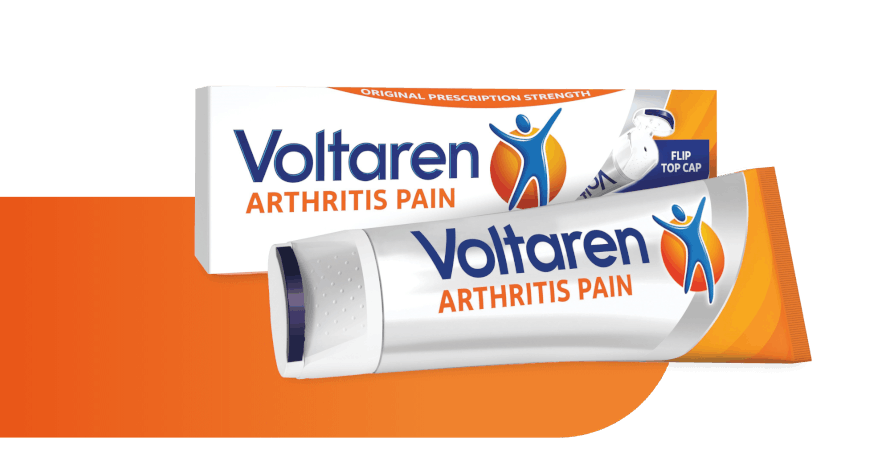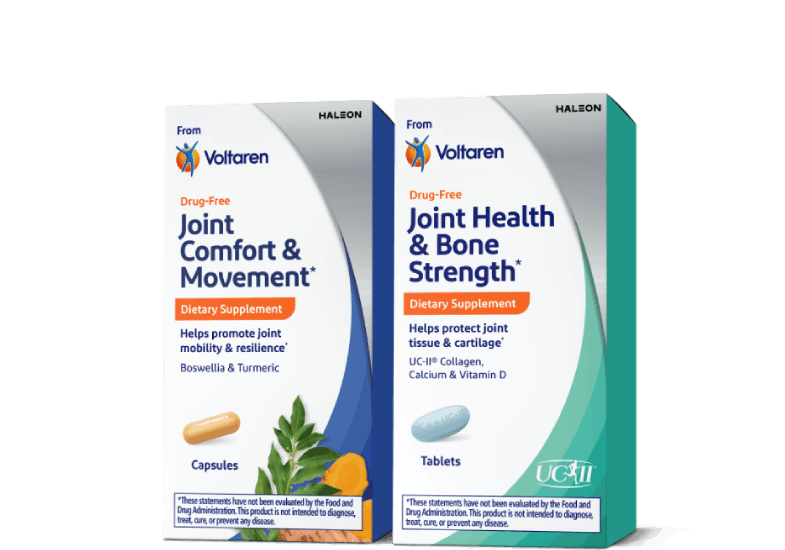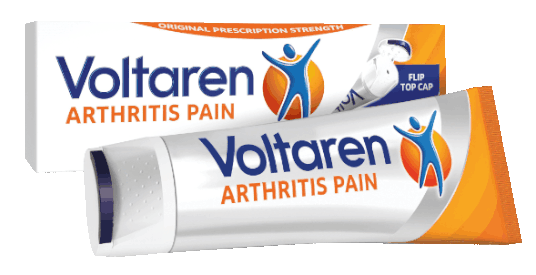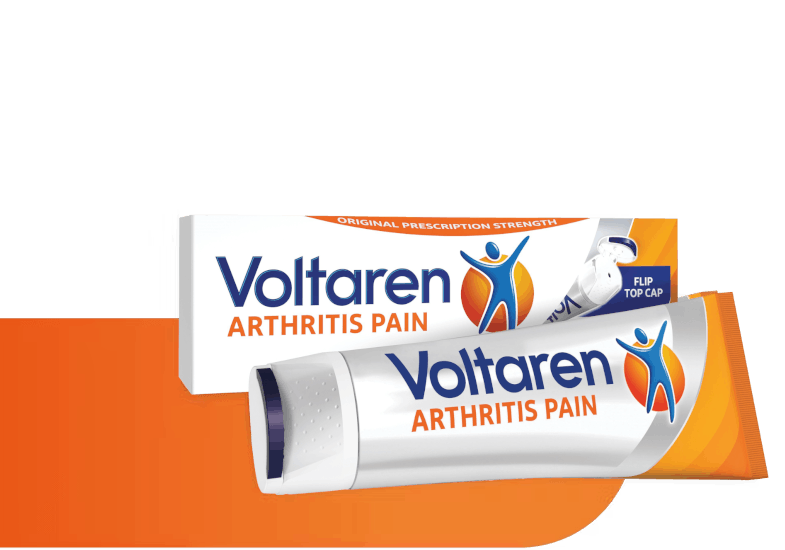5 Foods to Avoid When You Have Arthritis
/voltarengel-us-foods-to-avoid-for-arthritis.jpg?auto=format)
Eating a healthy diet is important, especially when you have arthritis. Read this article from Voltaren to learn about foods to avoid for arthritis—and what foods can help!
Why Diet Matters
Taking care of yourself is important. From exercising regularly to getting enough sleep each night, there are a number of ways to help maintain your health. When it comes to living a healthy lifestyle, one factor to consider is diet. Eating a nutritious, well-balanced diet can support your health and help you manage arthritis symptoms. No single food can cause arthritis on its own. But certain foods may aggravate or worsen arthritis symptoms. Learn about some of the top foods to avoid for arthritis, along with how healthy dietary choices can help.
The Link Between Diet and Arthritis
Before we discuss foods to avoid, it might be helpful to explain the relationship between diet and arthritis as a whole. Like we mentioned above, food itself won’t cause arthritis. Sadly, there isn’t a magical diet that will immediately cure the arthritis symptoms you experience either. However, the food you eat may affect how you feel and how you experience arthritis symptoms.
Let’s start with the basics. The benefits of a healthy diet include helping you maintain a healthy body weight, reducing your risk of certain chronic diseases, and supporting your overall health and well-being.i Body weight in particular plays a role in osteoarthritis. Too much body weight adds stress to weight-bearing joints, like hips and knees.ii Diet can also affect arthritis by triggering inflammation.iii Avoiding food triggers when you have arthritis is a must.
Below, you’ll find a list with some of the worst foods for arthritis pain, along with some tips for healthy food swaps you can make. Read on to learn more.
5 Foods to Avoid for Arthritis
- Refined Carbohydrates
Aim to avoid refined carbohydrates. Refined carbs is a broad category that includes white bread, white rice, grocery store cereals, and more. Digesting refined carbohydrates may trigger or worsen the release of cytokines, also known as the inflammatory messengers in the body.iv Considering swapping out refined carbohydrates for nutritious complex carbs like whole grains, oats, or brown rice instead to avoid worsening arthritis inflammation. - Added Sugars
Added sugars (including refined sugars) aren’t only found in cookies and other desserts. Added sugar can hide in unexpected places, like boxed cereals and fruit juices. Similar to refined carbohydrates, consuming refined or added sugar is bad for certain types arthritis because it stimulates inflammation.v In addition, consuming too many refined sugars and carbs which provide calories but lack essential vitamins and nutrients can lead to weight gain, which may worsen arthritis symptoms.vi If you have a sweet tooth, opt for a piece of fruit instead which contains vitamins, fiber, or other good-for-you nutrients. - Saturate & Trans Fats
The Arthritis Foundation recommends avoiding trans fats in your diet as much as you can.vii While trans fats may not affect your arthritis symptoms directly, they do a produce a negative effect on your overall health. By lowering good cholesterol and increasing bad cholesterol, both saturated and trans fats increase your risk of heart disease and other health conditions.viii Try swapping out high trans fats foods like margarine for healthier unsaturated fats like olive oil, which offers beneficial health properties. - Alcohol
While the occasional drink won’t hurt, drinking too much can negatively affect your health. High alcohol consumption over a long period is linked to increased risk of cancer, diabetes, and stroke.ix In addition, drinking purine-rich beverages like beer can actually trigger gout, a form of arthritis.x If you choose to drink alcohol in moderation, try a glass of red wine instead of a beer. Red wine may help prevent and reduce inflammation, depending on what type of arthritis you have.xi - Salt
Many people enjoy salty foods every now and again. However, consuming too much sodium may have a negative effect on your joint health and overall health. Cutting back on salt may reduce calcium loss from bones, which in turn may reduce the risk of osteoporosis.xii And if you have rheumatoid arthritis you may need to be even more cautious with sodium. Corticosteroids, commonly used for Rheumatoid Arthritis treatment, cause the body to hold more sodium.xiii If you consume sodium regularly, try to limit yourself to the daily recommended amount to help maintain your health.
We hope you enjoyed learning about foods to avoid for arthritis pain. Learn about arthritis causes and how to manage arthritis at home today.

Natural Remedies for Arthritis Pain Relief
Alongside leading an active lifestyle, you may find some arthritis pain relief with natural treatments. Here are some natural remedies that are worth a try!

What Are the Symptoms of Arthritis?
Arthritis feels different to everyone—you will likely have physical symptoms such as pain and stiffness. You might also notice emotional ups and downs as you manage this chronic condition.
See How Voltaren Can Help
Save Money on Your Next Purchase.
Feel The Joy Of Movement
No matter the day, the hour, or what you’re doing, embrace the joy of movement with the help of specialized products from Voltaren: powerful gel for arthritis pain † or drug-free, dietary supplements for healthy joints.*

For Arthritis Pain Relief

For Healthy Joints*
†Use as directed. Voltaren is approved for treatment of arthritis pain.
Dietary supplements from Voltaren are not intended to treat arthritis pain.
*These statements have not been evaluated by the Food and Drug Administration. These products are not intended to diagnose, treat, cure or prevent any disease.



